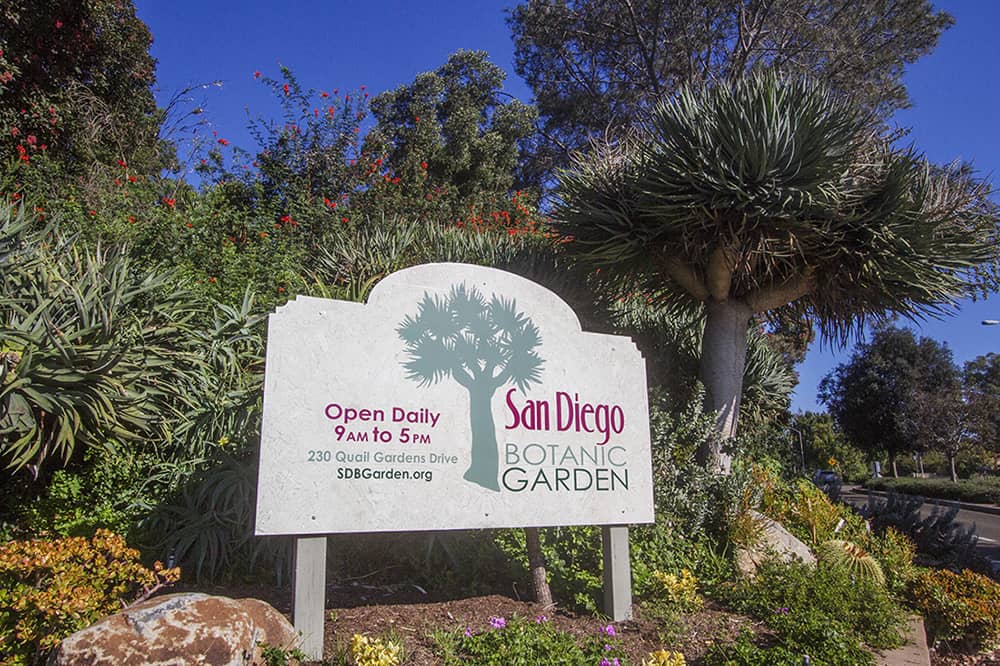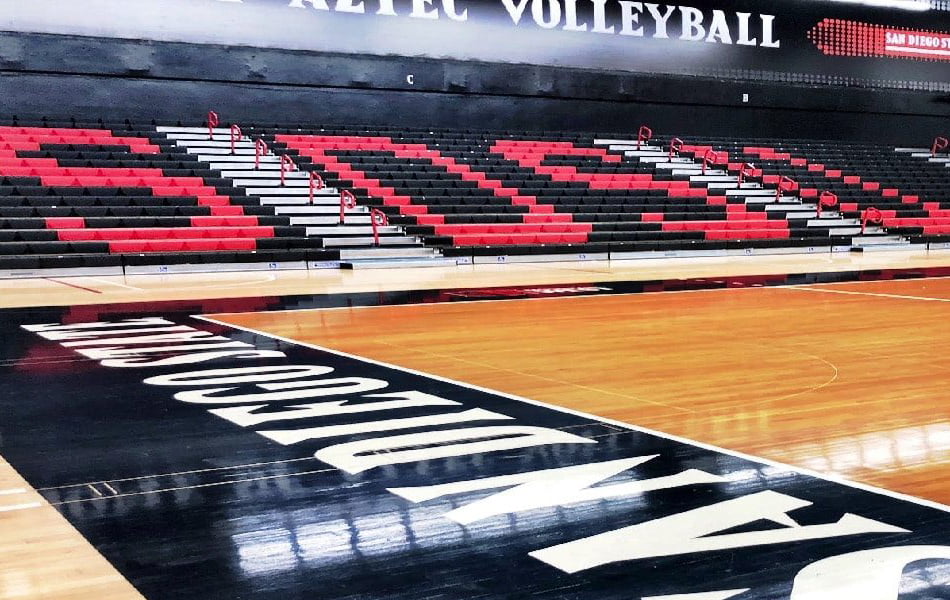My first full-time gig working in a live events venue was as an Assistant Talent Buyer at the Coach House and Galaxy Theaters in Orange County. The role of a talent buyer is to curate the event schedule of a concert hall. The buyer makes decisions as to which acts to bring to his theater and then negotiates terms with the acts’ representation. More broadly, the talent buyer is managing the event booking process. This is to:
- Identify desired events or activities appropriate for the venue and the community.
- Contact event owners or promoters.
- Engage in negotiations leading to a contract.
I was fortunate to work under the tutelage of one of the best in the industry (most in San Diego are familiar with his work—he is the buyer for the annual KAABOO Del Mar festival). My time at the Coach House/Galaxy was incredible and I learned so much about the booking process.
The most important concept in event venue booking is that the event calendar is a perishable resource. Each night that goes by without programming has opportunity costs. These costs are weighed against an event venue’s mission and programming schedule to determine how aggressive an event venue might be in filling its calendar. There are three typical booking models event venues employ in curating their events schedule. These models are promote, co- promote, and lease agreements.
Buying talent at the concert hall meant that we were promoting our own events. This is the venue booking model with the highest degree of risk. In this model, the venue contracts for the event to happen and accepts all of the financial risk (highest risk/highest reward). The simple evaluation formula we used in making a buying decision was:
# of tickets we expect to sell x anticipated ticket price x 50% = Amount Paid to the Act
This is obviously a super simplified formula, but was a great estimation tool. With this ballpark figure in hand, we could then make considerations for booking multiple shows and the type of audience (will the anticipated crowd buy more food and beverages and drive up per cap, i.e. the amount of money spent per person on ancillary items). We might deviate from the formula depending on other factors. The goal was basically to break even on ticket sales and make our money on the ancillary revenues.
As you can tell, the concert business is not for the faint of heart. When I was later working in a university environment, I had lunch with my former mentor and asked what it would take to “buy” shows in my arena. The conversation went like this:
“Would your organization have any concerns with you lighting $20,000 of their money on fire? If the answer is no, go for it! If you think they might have a problem with this, then you will not have the support you need to successfully promote.”
My organization would have had a problem with me setting a pile of cash on fire. Something about tax dollars, student fees—those sorts of things—make public universities a little nervous about taking on risk. As such, we adopted a much more risk-averse booking philosophy. At our most aggressive, we might co-promote an event. A “co-pro” is when the venue contracts for the event but shares the financial risk with the promoter or event producer. The only times we would ever engage in a co-promoted event were when we had lots of good history with an event and typically a deep, professional relationship with the promoter. We would most often agree to co- promoted events with US National Governing Bodies like USA Volleyball or USA Water Polo. Often, we would establish a guarantee and then split costs/revenues above that. We only took these risks when we understood the event explicitly, had existing infrastructure to control costs, and had lots of sales history.
In the university, we would most often book events in the most risk-averse fashion possible—a lease agreement. In this model, the venue rents the space to a tenant/promoter, thereby not incurring any direct financial risk. The venue revenue derived from 3rd party rental events is known prior to the event taking place. This model works really well for public event venues. It allows the venue to establish a booking priority with existing program and anchor tenants to evaluate opportunity costs or mission-specific priorities; while then filling in the blanks around priority programming.
Booking rental events is controllable and minimally impactful when done right. Venues that do this well reduce the opportunity costs of dark days and create found revenue for the venues. Large public assembly facilities are in high demand. There just aren’t a lot of these spaces available. Any arena, stadium, gym, theater, sports complex that does not have a rental policy in place is leaving significant money on the table. This is fundamentally why I started Stylehawk Event Services. We are a resource for venues to take action on these opportunities.
Regardless of venue booking model or scheduling philosophy, it is important to remember that bookings and events drive ALL revenue for events venues. An events venue could not exist without events. In this column I keep coming back to this, but I think the SDCCU Stadium issue in San Diego is exposing us all to the realities of the venue management and event booking industry. SDCCU Stadium is no longer home to the Chargers, but surprisingly, the venue has generated more revenue for the City since the Chargers left than it did while the team was still here. This is due to a more aggressive booking strategy and fewer calendar conflicts. The future of the stadium will, in large part, be decided by the booking opportunities and ancillary revenue streams that can be generated by the next project.
Even if privately owned, major public assembly facilities play an important role in their local communities. This interest is directly tied to event booking. Architecture aside, the venue has no purpose without content. The content is the source of civic pride and is the motor that drives audiences to the gates. The calendar is the soul of sports event venues. It is easy to think of the booking process as simply administrative. It is anything but. Event booking is a complicated discipline that is based on human skill and relationship. More than anything, it is the critical element of a successful events venue and the reason for its existence.









